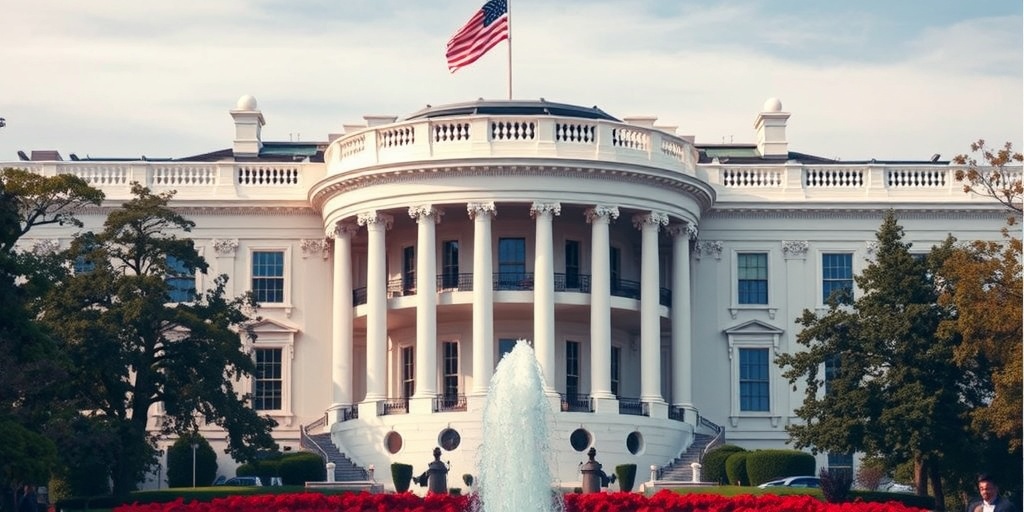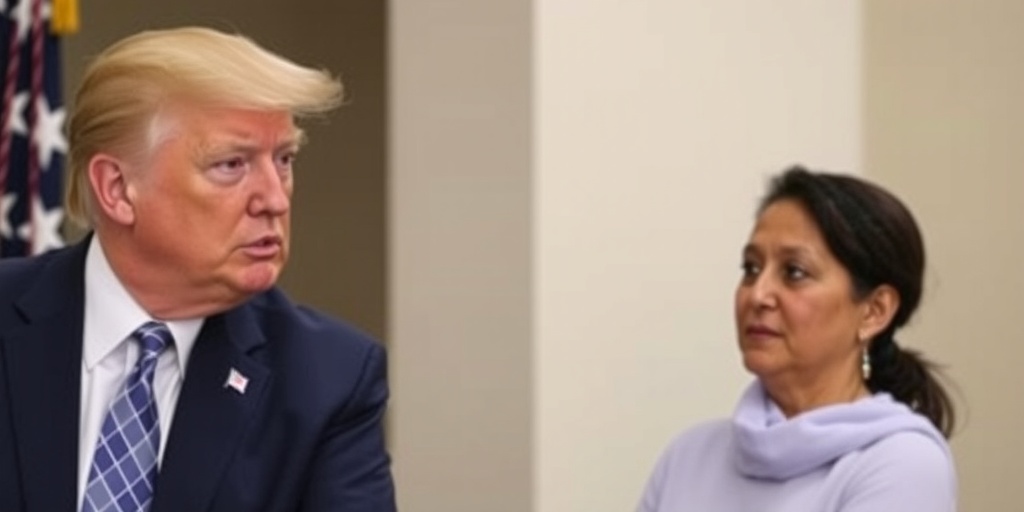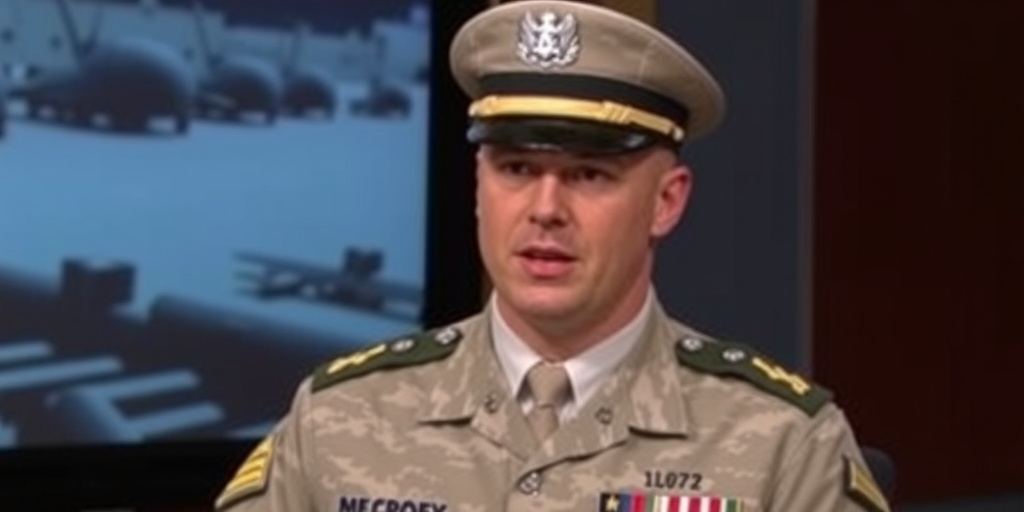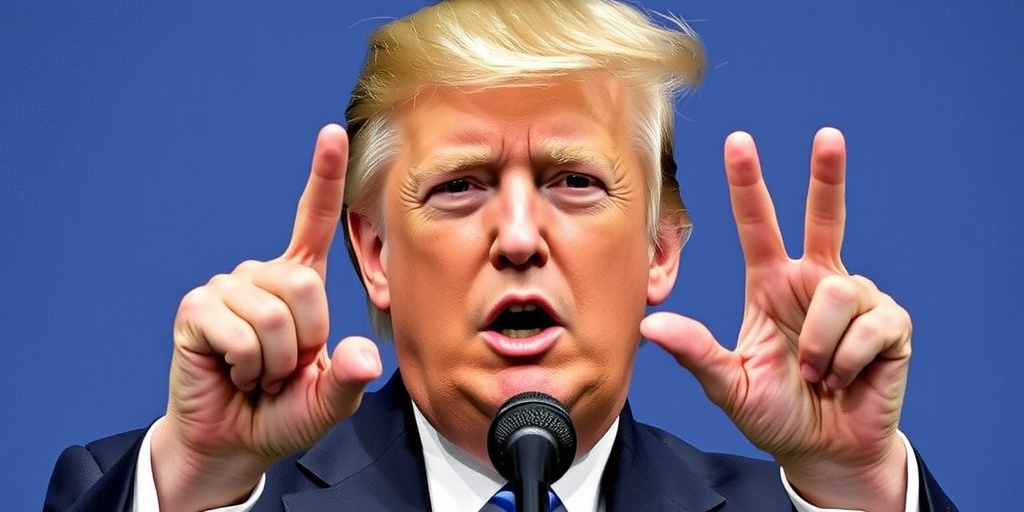Now Reading: USAID Appointees Cut Hundreds from Urgent Humanitarian Aid Projects
-
01
USAID Appointees Cut Hundreds from Urgent Humanitarian Aid Projects
USAID Appointees Cut Hundreds from Urgent Humanitarian Aid Projects
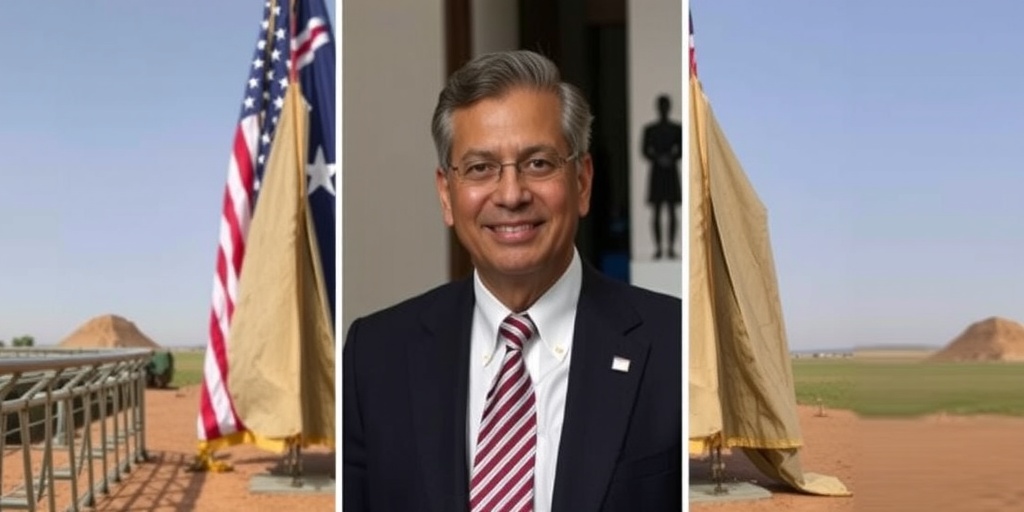
Title: Significant Staff Reductions at U.S. Agency for International Development Raise Concerns Over Humanitarian Assistance
In a shocking development, the Trump administration has initiated mass firings at the U.S. Agency for International Development (U.S.A.I.D.), leading to the termination of hundreds of employees tasked with managing critical responses to humanitarian crises globally. This unsettling news emerges from reports by two officials and four recent employees within the agency.
The recent firings have raised serious questions regarding Secretary of State Marco Rubio’s commitment to facilitating humanitarian assistance, a promise he made late last month amid a comprehensive freeze on nearly all U.S. foreign aid. The freeze was intended to allow for a careful review of foreign aid programs, but the wave of dismissals suggests a far more drastic approach is being taken.
Reports indicate that appointees from the Trump administration have laid off or placed thousands of agency employees on leave. Notably, a task force of young engineers associated with Elon Musk, a key advisor to President Trump, has interfered with critical technical systems at U.S.A.I.D., restricting employees’ access to their email accounts and other essential resources. Musk has made unfounded claims on social media labeling U.S.A.I.D. a “criminal organization” and suggested that it should be completely dismantled, raising eyebrows about the motivations behind the agency’s significant staffing cuts.
The most recent wave of layoffs took place late Friday night, with many employees from the Bureau for Humanitarian Assistance receiving generic termination emails that did not include specific job titles or recipients’ names. These dismissals appear to have been part of a broader strategy to weaken the agency’s ability to respond effectively to emergencies.
Of the approximately 400 personnel let go from humanitarian assistance roles, around 200 were contractors associated with the Bureau for Humanitarian Assistance, while another 200 belonged to the Support Relief Group, a team of crisis experts dedicated to rapid responses in situations of natural disasters and armed conflict. This drastic reduction has stripped the agency’s crisis response capabilities to a bare minimum, with reports indicating that only a dozen remain in the Support Relief Group, a team that formerly included many individuals with extensive field experience in regions facing severe crises.
A former employee expressed concern that with the mass layoffs, U.S.A.I.D. is now operating with a skeleton crew, significantly impairing its ability to fulfill its humanitarian mission. The impact of these terminations is particularly notable within the Office of Transition Initiatives, where 36 individuals were also dismissed. This office specializes in assisting partner nations through critical political transitions and promoting democratic initiatives, signaling a concerning trend about the agency’s operational future.
Currently, Pete Marocco, a State Department official who has been described as a contentious figure, oversees U.S.A.I.D.’s day-to-day operations. Recently appointed acting administrator by Rubio, Marocco’s leadership appears to align with the administration’s broader cuts to foreign aid and questions about the agency’s future under the State Department’s umbrella.
Despite Rubio’s statement at the end of January suggesting that employees could apply for waivers to allow for essential aid programs to continue during the freeze, reports from within U.S.A.I.D. indicate that very few programs have managed to secure these waivers. The U.S.A.I.D. funding system, known as Phoenix, which is critical for disbursing funds to partner organizations, has also become defunct, further paralyzing the agency’s operations.
The ramifications of these staff reductions and aid freezes extend beyond individual livelihoods; they threaten the very foundation of America’s humanitarian assistance framework. While foreign aid constitutes less than 1% of the U.S. government budget, the implications of these cuts may be far-reaching, potentially jeopardizing support for millions in crisis-stricken nations.
As the situation unfolds, questions remain regarding the future of U.S.A.I.D. and its pivotal role in international humanitarian efforts. The lack of response from both Rubio and a press officer at U.S.A.I.D. underscores the uncertainty and fear permeating through the agency amidst these sweeping changes, leaving many to wonder what the future holds for U.S. humanitarian aid on the global stage.
Stay Informed With the Latest & Most Important News
Previous Post
Next Post
-
 01New technology breakthrough has everyone talking right now
01New technology breakthrough has everyone talking right now -
 02Unbelievable life hack everyone needs to try today
02Unbelievable life hack everyone needs to try today -
 03Fascinating discovery found buried deep beneath the ocean
03Fascinating discovery found buried deep beneath the ocean -
 04Man invents genius device that solves everyday problems
04Man invents genius device that solves everyday problems -
 05Shocking discovery that changes what we know forever
05Shocking discovery that changes what we know forever -
 06Internet goes wild over celebrity’s unexpected fashion choice
06Internet goes wild over celebrity’s unexpected fashion choice -
 07Rare animal sighting stuns scientists and wildlife lovers
07Rare animal sighting stuns scientists and wildlife lovers














